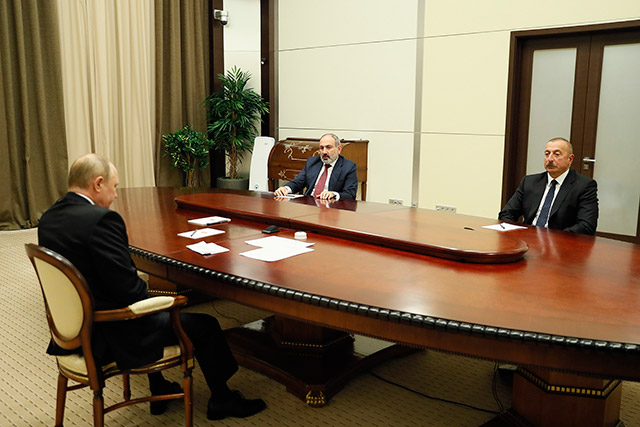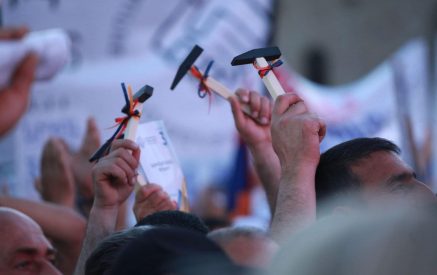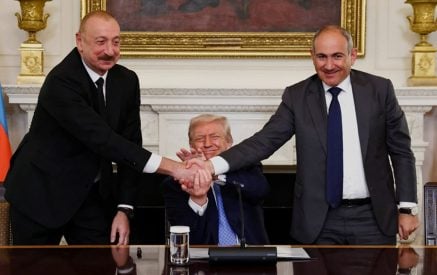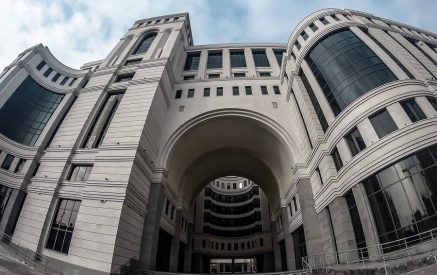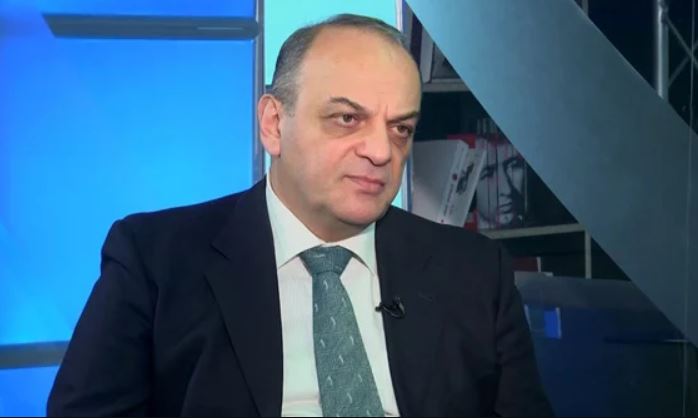Aravot interviewed the Ambassador Extraordinary and Plenipotentiary of Armenia and former Minister of Foreign Affairs of Artsakh, Arman Melikyan.
– The Secretary of the Security Council of the Republic of Armenia Armen Grigoryan, reaffirming the position of the Republic of Armenia, stated that the platform for the settlement of the Karabakh conflict is the OSCE Minsk Group; official Moscow did not oppose this format either. What results can we expect?
– The possibility of intensifying the activities of the Minsk Group will largely depend on the prospects of overcoming the deep military-political crisis in Russia-US-EU relations. It is known that the entry of the rest of the Armenian part of Artsakh is controlled by the Russian peacekeepers and the entry of the co-chairs can take place only with their consent. And the peacekeepers will probably have to get Baku’s consent for that. Russia itself is a co-chair of the Minsk Group and is facing a rather delicate problem here. On the one hand, the Kremlin has signed a trilateral statement with Baku and Yerevan to create a new platform for normalization of Armenian-Azerbaijani relations, and on the other hand, it remains co-chair of the Minsk Group.
Read also
At the same time, it now depends on Moscow whether the trio of Minsk Group co-chairs will be able to visit Artsakh from Armenia or if they will have to consider entering exclusively from Azerbaijan. In other words, in theory, it can be that at the request of Baku, Russia, a member of the Minsk Group, will prevent the entry of the Minsk Group co-chairs, the US and France, from Artsakh to Armenia. True, the third option can be launched: the trio of co-chairs can reach Stepanakert by plane, for example, from Tbilisi. In any case, let’s wait for at least the intermediate results of the Russian-American talks. They can also provide certainty about the future of the Minsk Group.
– Armenian Foreign Minister Ararat Mirzoyan’s answers to MPs’ questions show that Armenia does not propose the withdrawal of enemy troops from its territory as a precondition for demarcation. Moreover, when official Yerevan sent demarcation proposals to Baku via Moscow regarding the mirror retreat of troops from Sotk-Khoznavar, Azerbaijan rejected it. Doesn’t this mean that Azerbaijan demands the demarcation only by force, which is actually supported by Russia?
– Our society does not have enough information to draw any objective conclusions. People do not trust their own government, Azerbaijanis, or Russians. Russian, Armenian, and Azeri officials make suggestions, demands, and accusations towards each other, but our ordinary citizen does not know what exactly the “international” of these officials is discussing in the dark corners. Logic suggests that the Armenian side is currently unable to resolve the issue by force, at least to restore the territorial integrity of Armenia, and Azerbaijan, together with its allies, being able to achieve the desired result by force, prefers to remain within the framework of political-diplomatic pressure.
Tatev HARUTYUNYAN




















































